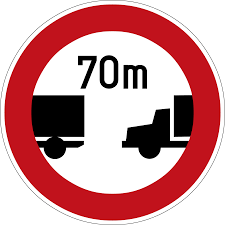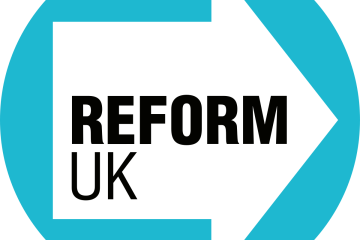The Role of Government: A Vital Component of Society

Introduction
The government plays a crucial role in society’s functioning, influencing various aspects of daily life, from law enforcement to health care and education. Understanding its structure and operations is essential for citizens to engage in informed decision-making and civic participation. In recent times, especially amid global crises like the pandemic and climate change, the relevance of government actions has been highlighted as a safeguard for public welfare.
Current Structure and Functions
In the UK, the government operates through various branches, including executive, legislative, and judicial systems. The Prime Minister leads the executive branch, while Parliament handles legislative responsibilities through its two houses: the House of Commons and the House of Lords. Recent reports highlight the government’s ongoing efforts to address pressing issues such as the cost-of-living crisis and economic recovery post-COVID-19. For instance, the government’s introduction of the Energy Price Guarantee aims to shield households from stark increases in energy bills, showcasing its role in stabilising the economy.
Community Engagement and Impact
Community engagement with government initiatives is also paramount. Local councils are tasked with addressing community needs, resulting in initiatives tailored to local populations, such as public health campaigns and infrastructure projects. The recent push for public consultations on policy-making has enhanced transparency and democratic participation, allowing citizens to have a say in decisions that affect their lives. Consequently, such engagement fosters trust in governance and promotes accountability among elected officials.
Future Outlook and Significance
As society evolves, the government’s role is expected to adapt in response to new challenges, such as digital governance and artificial intelligence regulations. Experts predict that technology will significantly influence public policy frameworks, requiring agile and proactive government strategies to cope with rapid advancements. For readers and citizens, staying informed about these changes is crucial for effective participation in democracy. Active engagement not only empowers individuals but also contributes to a responsive and accountable government.
Conclusion
The significance of the government extends beyond mere administration; it shapes societal norms, economic strategies, and collective well-being. As citizens navigate complex challenges, understanding the government’s role provides a foundation for informed participation and advocacy. With ongoing developments on the global stage, the future is poised to redefine how governments operate and engage with the populace, further underlining the importance of civic responsibility and awareness in fostering a vibrant democracy.







